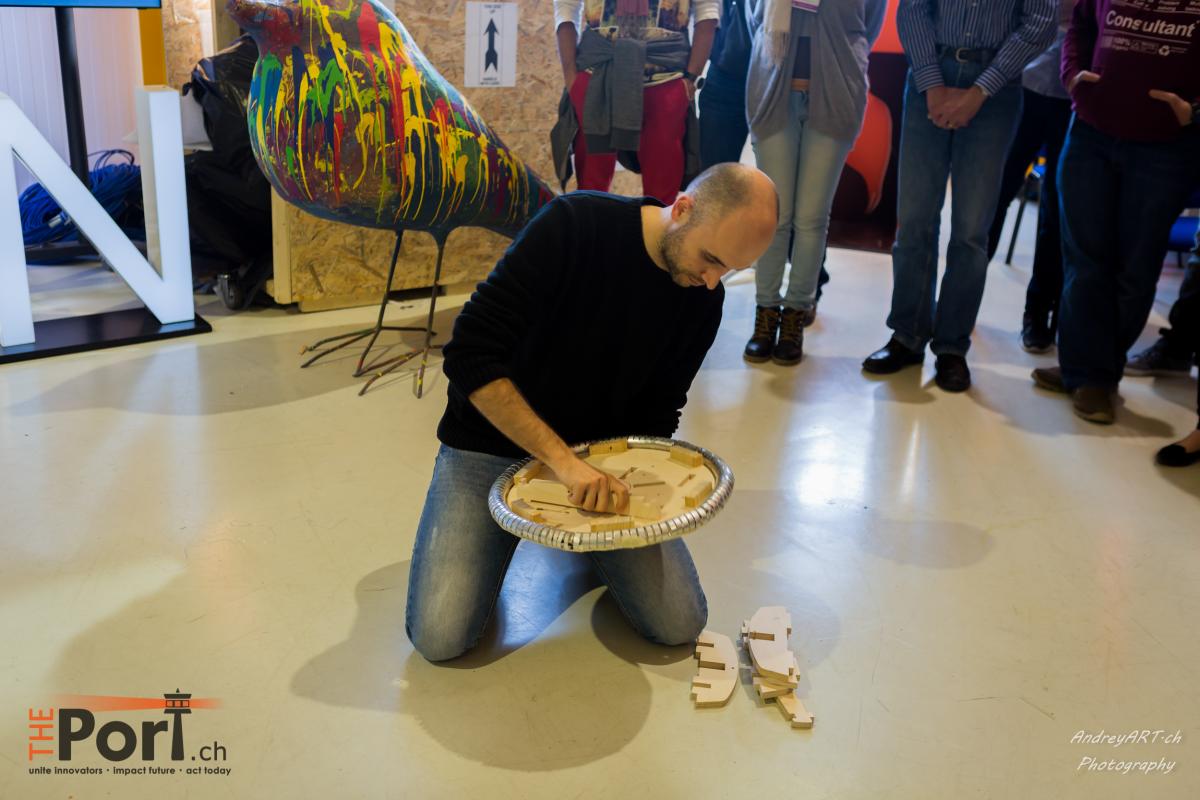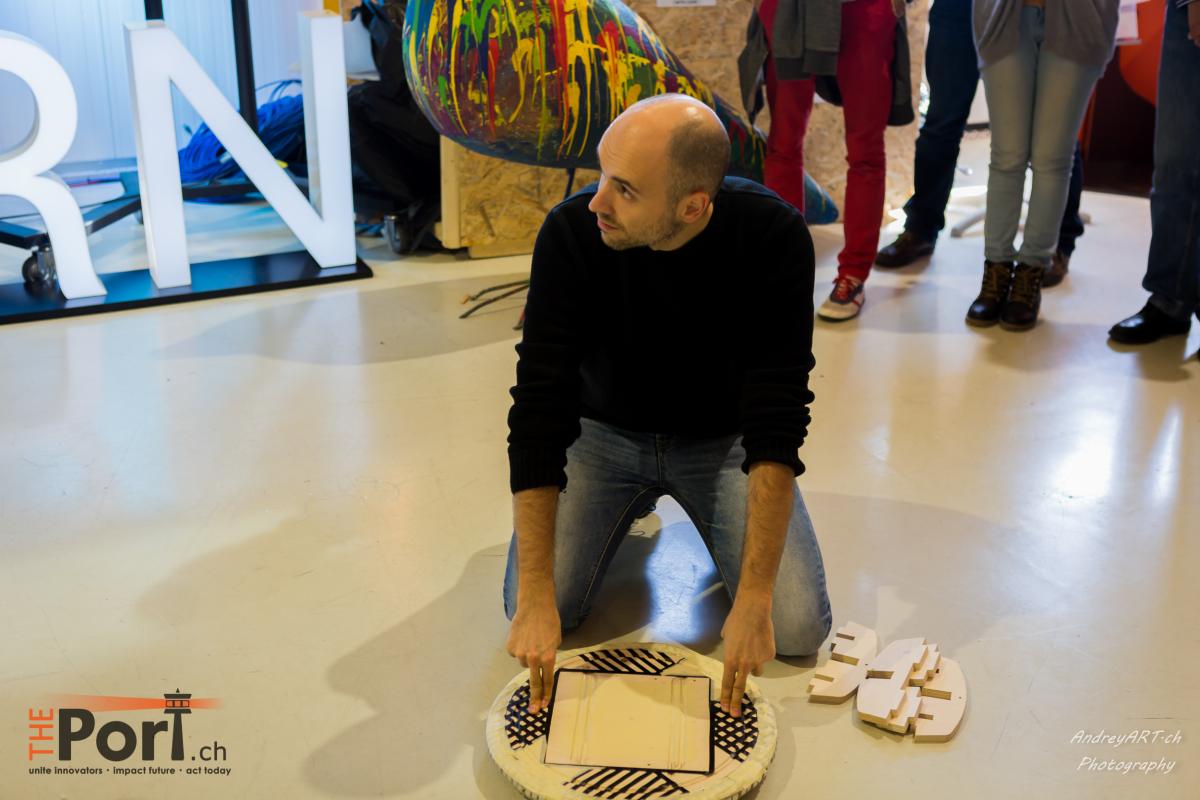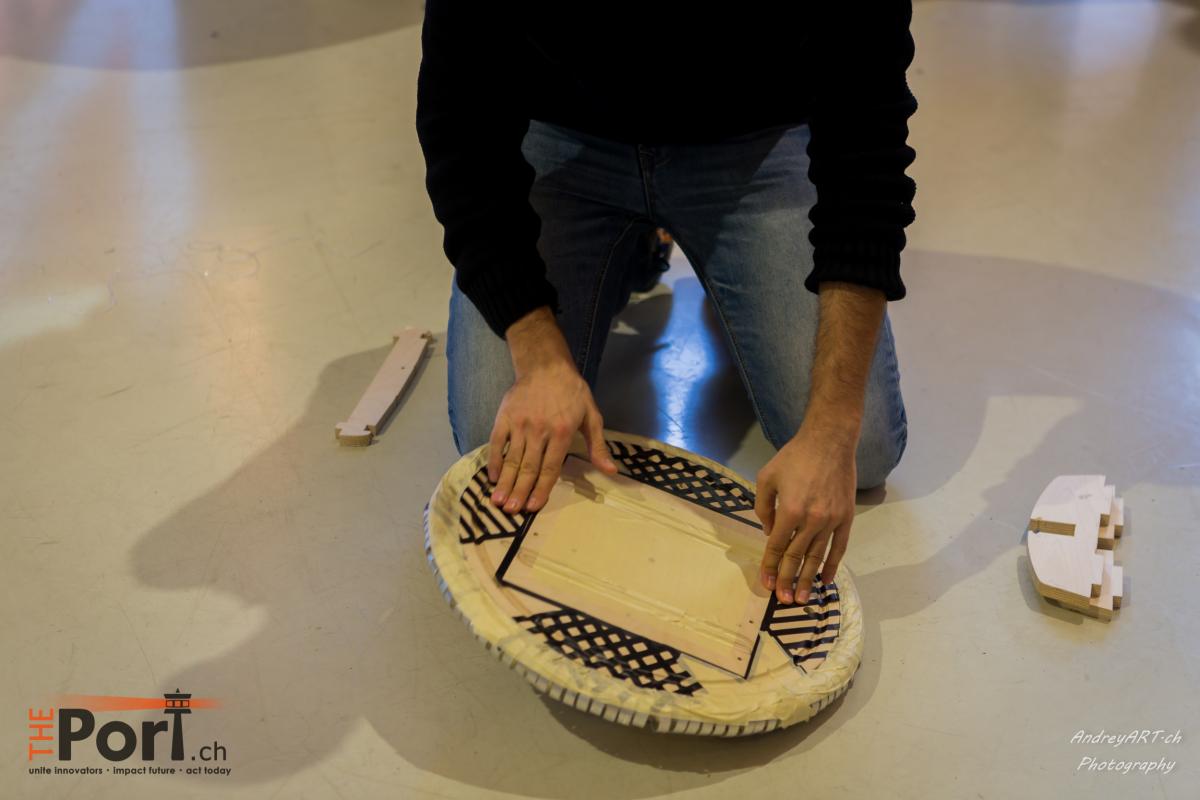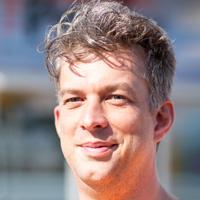
Refeet
Lower limb amputation as consequence of war and conflict, has catastrophic effects in terms of an individual’s basic movements and functions, their mental and physical well being and their societal contribution. Recently developed custom made and affordable 3D printed prostheses in combination with affordable gait training of lower-limb amputees has the potential to allow increased access and efficiency to these forms of physiotherapy. We aim for recipes and best practices to create a collection of portable, affordable and “smart” wobble-boards that provides visual and auditory feedback to the patient and can be produced according to local availabilities and restrictions.
Project Team

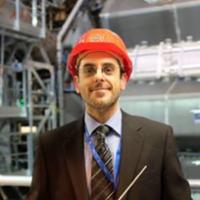
Domenico Vicinanza
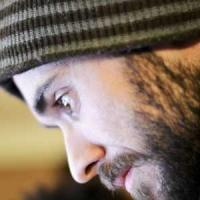
Enrico Bassi
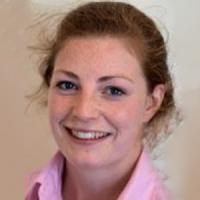
Genevieve Williams
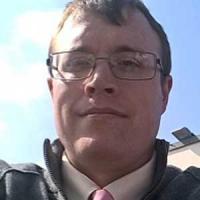
Joe Gaylord
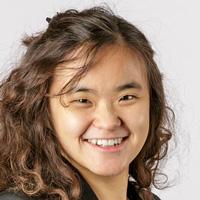
Kitty Liao
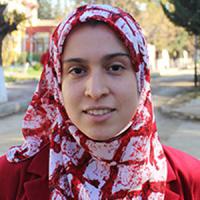
Lamia Benaouali
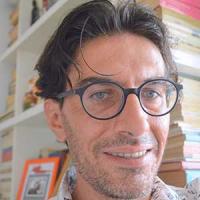
Maurizio Alì
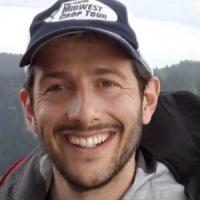
Miguel Gómez-Escolar
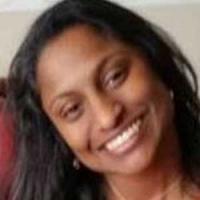
Nishanie Jayamaha
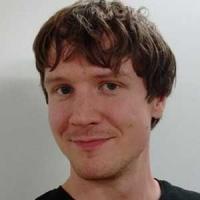
Samuel Orn
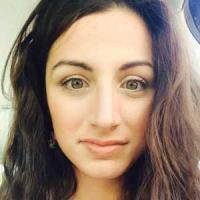
Stella Orfanelli
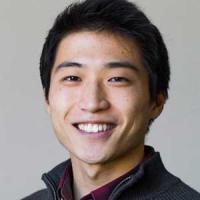
Zim Hang
Refeet
Image
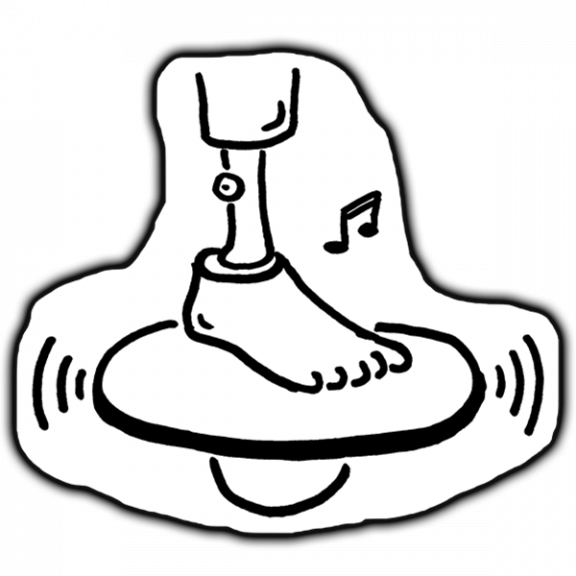
Sustainable Development Goals
Team
pier-52
